AI is an incredibly powerful tool for healthcare marketing and has already started to transform the industry. When many people think of AI, they think of generative AI like ChatGPT. However, the real value of AI in healthcare marketing is its power to crunch data and provide a data-supported foundation of insights on which the rest of your marketing can be built. AI can handle multiple large datasets and provide analysis that would be difficult and time-consuming for humans.
Let’s learn more about AI in healthcare marketing in detail.
What is AI in Healthcare?
Using smart technology to enhance medical treatment is known as artificial intelligence (AI) in healthcare. Natural language processing, machine learning, and predictive analytics are a few examples of these tools.
AI aids the management of massive data sets by medical professionals. In that data, it discovers valuable trends and patterns.
Also, it saves time and effort by handling repetitive activities.
All things considered, AI improves patient care and hospital operations by increasing the accuracy of treatments.
Also Read: BtoB Summit 2025: Redefining the Future of B2B Marketing in the Age of AI and Experience
How Healthcare Marketers Are Using AI
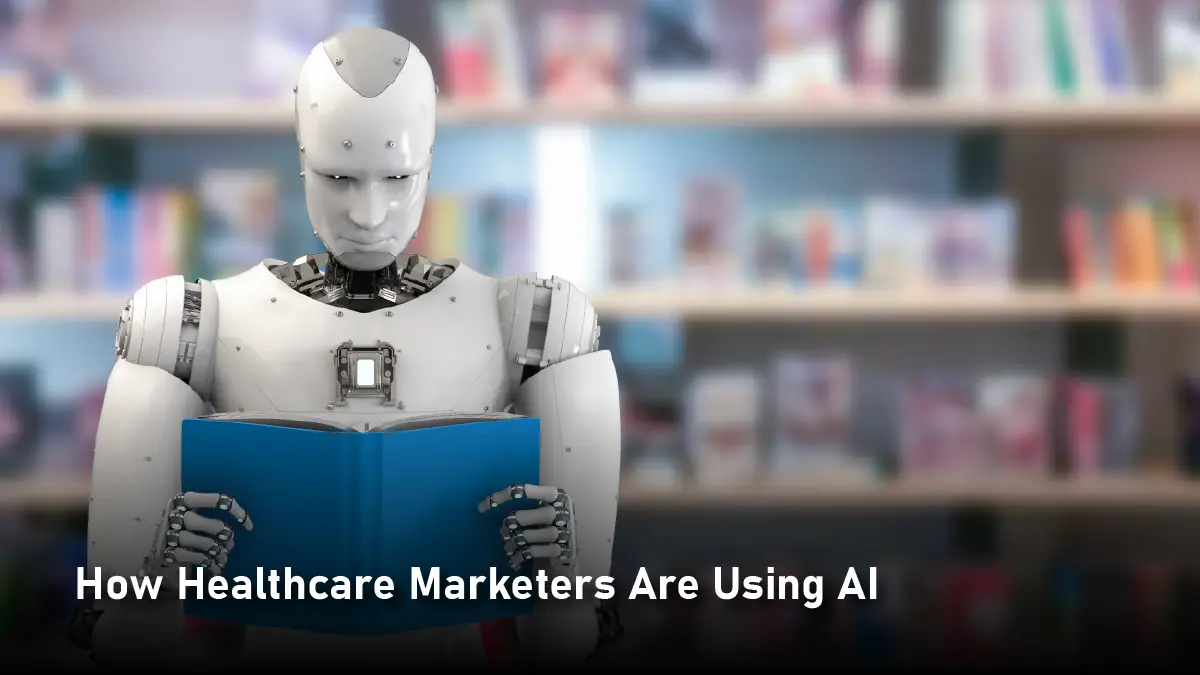
First of all, artificial intelligence isn’t truly intelligent. It isn’t a physician, a marketing guru, or a perceptive strategist. It’s more akin to a motivated student who, under your direction, would conduct hurried research to tell you anything it believes you want to hear, with no assurances that any of it is accurate. If you have been paying attention to the headlines recently, you are aware that Google’s recently launched AI search has been criticized for advising users to consume glue, pebbles, and undercooked chicken.
Hence, all AI tools must be deliberately implemented by professionals who know how to use them. That too in an effective manner. An AI will not perform well if it is given incorrect instructions or gathers data from unreliable sources. When used the right way, especially in data analysis, AI tools can really help marketers. They make it easier to get things done, predict results, and speed up data crunching.
How AI in Healthcare Marketing is Reshaping Decision-Making
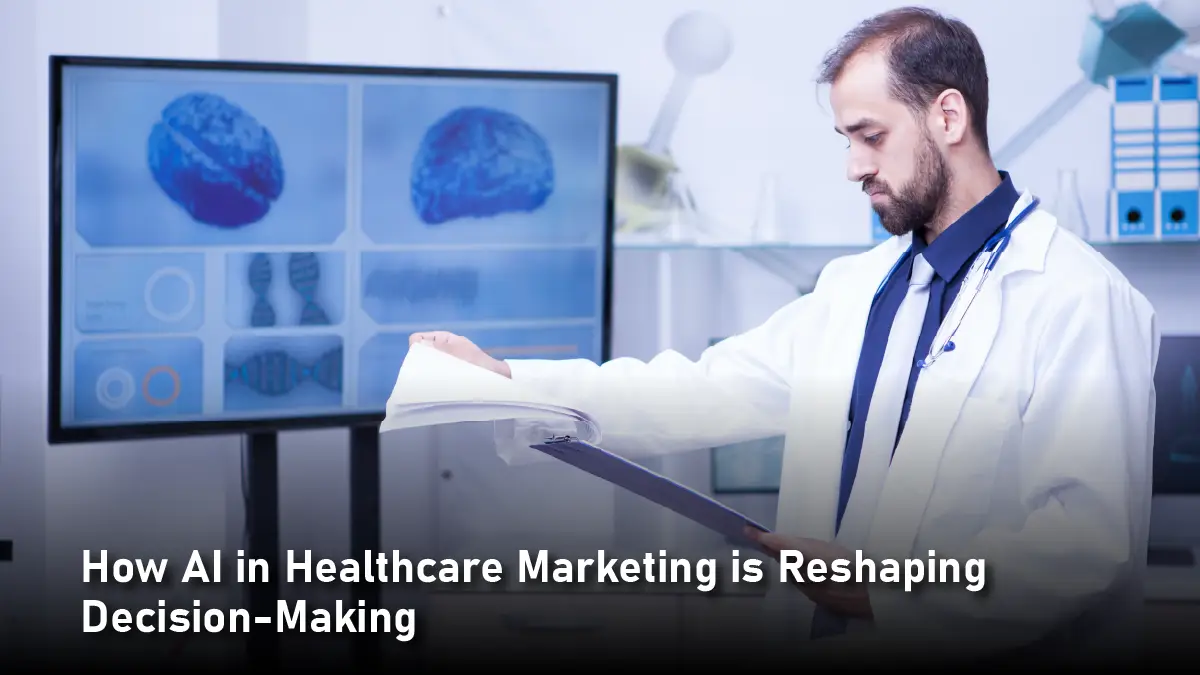
A lot of healthcare professionals see the huge potential of AI. But many are still careful about using it in real-life clinical settings. In a recent study, 83% of doctors said AI will eventually help healthcare providers. However, 70% of people are concerned about utilizing it to diagnose patients. These worries make sense. Nevertheless, there is cause for cautious optimism. This is because AI can actually aid to enhance patient outcomes. If you know the benefits and drawbacks of AI, it can help build confidence. People are also more comfortable using it in healthcare when the proper safety precautions are taken.
AI is already changing healthcare. It helps doctors make smarter choices and saves time on paperwork. It can find patterns in large groups of patients. This helps doctors give care that fits each person better. That means people get healthier overall. AI also helps with research and public health. It even makes the patient experience smoother. Yes, there are worries about privacy and data safety. But with the right tools and rules, these risks can be handled. This way, doctors can use AI while still keeping patient info safe.
The Potential of AI in Healthcare Marketing
AI is making a big difference in almost every part of healthcare. It’s helping improve patient care and also making admin work easier.
For example, AI tools that study sleep patterns can predict memory loss with 85% accuracy. In medical imaging, AI can detect prostate cancer with 98% sensitivity and 97% specificity, so doctors can make better decisions. Let’s look at a few areas where AI is making a difference:
● Better Diagnoses and Early Detection
AI can search through tons of data, including genetic information, scan results, and patient records. This is to identify information that doctors might overlook. This catches diseases early and helps plan better treatments.
● Health Risk Prediction
AI can identify which patients are most likely to get certain health issues. This permits doctors to provide the right therapy early on. It helps potentially save lives and lower expenses.
● Personalized Treatment Plans
AI creates treatment plans based on a person’s genes, medical history and lifestyle. This means care is more effective and has fewer side effects.
● Easier Admin Work
AI handles things like billing, insurance claims and appointment scheduling. This reduces paperwork, saves money and makes life easier for doctors and patients.
The Future of AI in Healthcare Marketing (and Why Digital Marketing Needs to Keep Up)
AI is going to transform healthcare. That too in ways that were unthinkable only a few years ago. As technology continues to develop, it has the potential to enhance patient care, increase the accuracy of diagnoses, and facilitate hospital operations. Let’s examine what the future may bring and how healthcare digital marketing has to change.
● Smarter Imaging with AI
AI will be really helpful in healthcare. It can read complex medical images like MRIs, CT scans, and pathology slides. It won’t replace doctors or radiologists. But it will support them. It’ll help them work faster. And it’ll make their diagnoses more accurate.
For healthcare marketers, this is a chance to highlight AI-powered imaging tools as a unique selling point.
● Faster Drug Discovery
AI can quickly analyze huge data sets to find new drug possibilities. This could speed up drug development and lead to treatments we never thought possible.
Pharma companies need to talk about this in their marketing. Messaging should focus on innovation, faster results, and AI’s role in finding breakthrough cures.
(One cool example: The University of Toronto has built an autonomous AI lab already making waves.)
● Remote Patient Monitoring
The use of wearables and smart devices is increasing. AI can assist with real-time patient health tracking from home. These gadgets can recognize problems early, track symptoms, and even notify caregivers.
Healthcare providers should promote the convenience and benefits of remote monitoring. It’s a great way to show patients that better care doesn’t always mean more clinic visits.
● AI-Powered Virtual Assistants
AI will help patients using virtual health assistants. These are simple tools you can talk to or chat with. They give advice and answer health questions. They can also help with mental health support.
● Ethics and Trust in AI
AI is becoming more common in healthcare. People want more openness. They also care about strong ethics. Patients want to know their data is safe. They also want AI to be used responsibly.
That means digital marketing needs to reflect this. Healthcare brands should clearly communicate their commitment to ethical AI and following all the right rules.
How AI in Healthcare Marketing is Actually Changing Things
Beyond automation, AI has a significant impact on healthcare marketing. AI is enabling more complex HCP involvement when paired with quality data.
Customization that counts
For HCPs, rich data is producing genuinely relevant experiences. Marketing materials are changing. They now focus on personal preferences. They also consider how doctors prescribe medicines. And they fit into daily clinical workflows. The main goal is to share helpful information. This helps healthcare professionals make better decisions. Just sending friendly emails is not enough anymore.
Context and timing
Marketers may now reach HCPs at the precise moment when information is most useful to them thanks to real-time data analysis. This could occur during other crucial stages of their workflow, such as when they are determining a course of therapy or examining fresh clinical data.
Improved results for patients
Most significantly, insights powered by AI are enhancing patient care. Marketers can assist HCPs in improving drug adherence and treatment plan optimization by appropriately incorporating patient-led data.
Overcoming the obstacles
When incorporating AI into healthcare marketing, challenges must be addressed. Data privacy and regulatory compliance are critical. It is necessary to navigate the GDPR and HIPAA laws. A significant financial and planning investment is required to integrate AI technologies with existing systems.
To succeed in this new landscape, you need:
- Robust data management systems that balance security and accessibility
- Well trained teams that understand AI and compliance
- Partnerships with healthcare industry experts
Bottom Line
The future of healthcare marketing lies in making AI practical and valuable rather than just innovative. We’re seeing the emergence of more sophisticated predictive analytics, better customer segmentation, and more natural HCP engagement methods.
AI is still a vital tool in healthcare as it develops. It allows providers to give the best care possible, stay current, and handle the challenges of the contemporary healthcare environment.

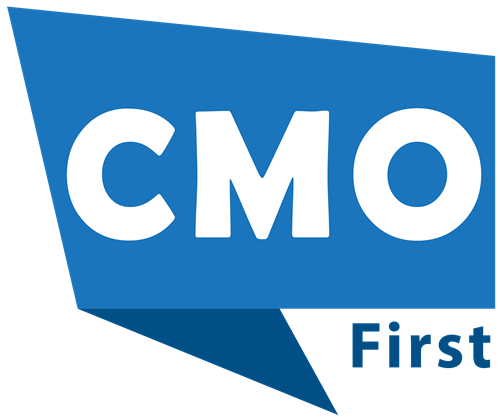



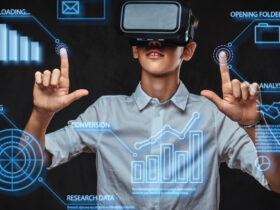
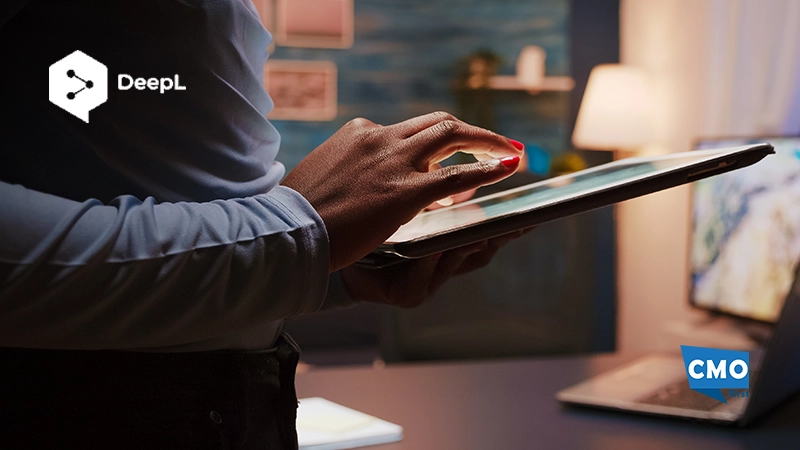
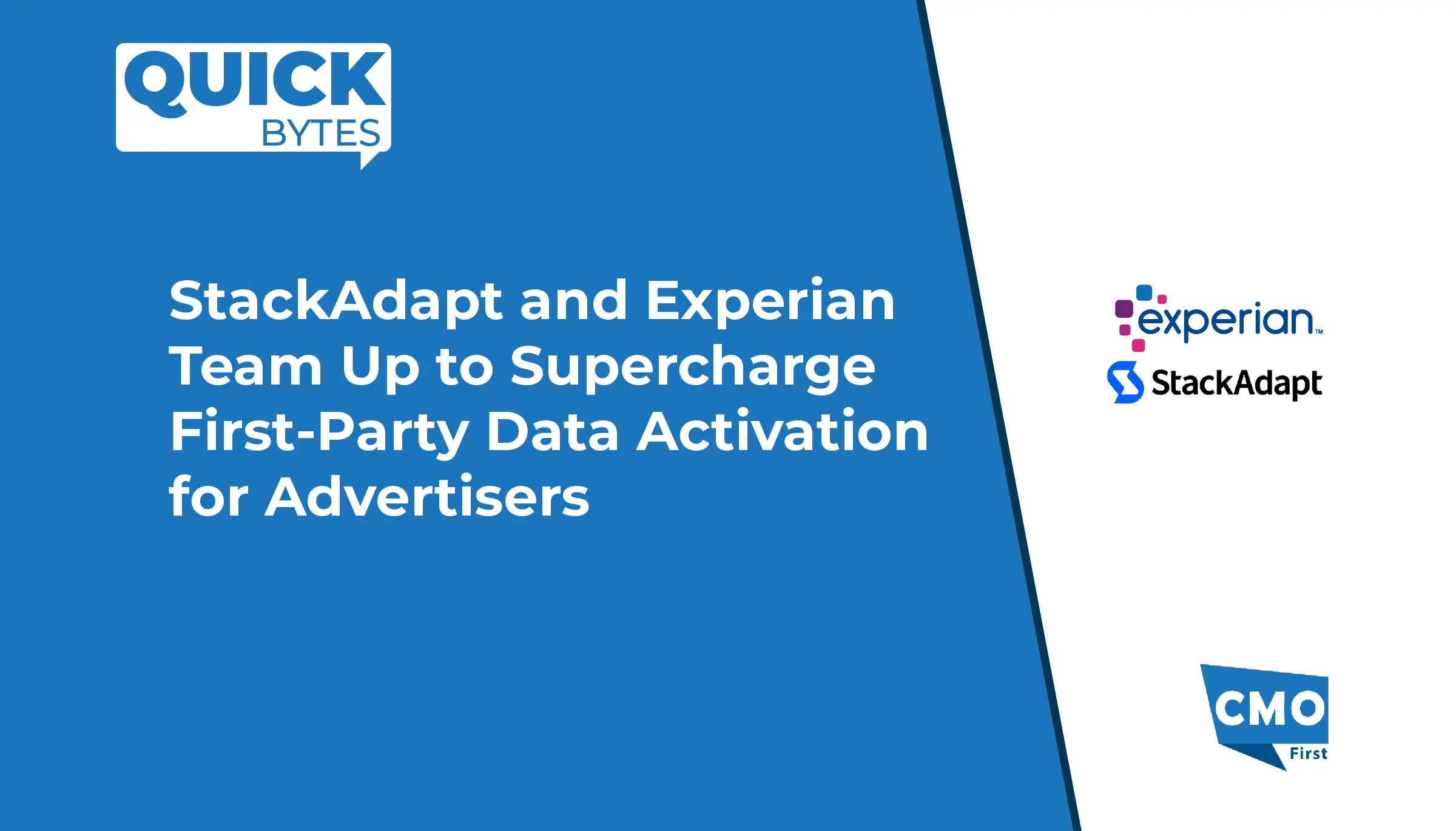
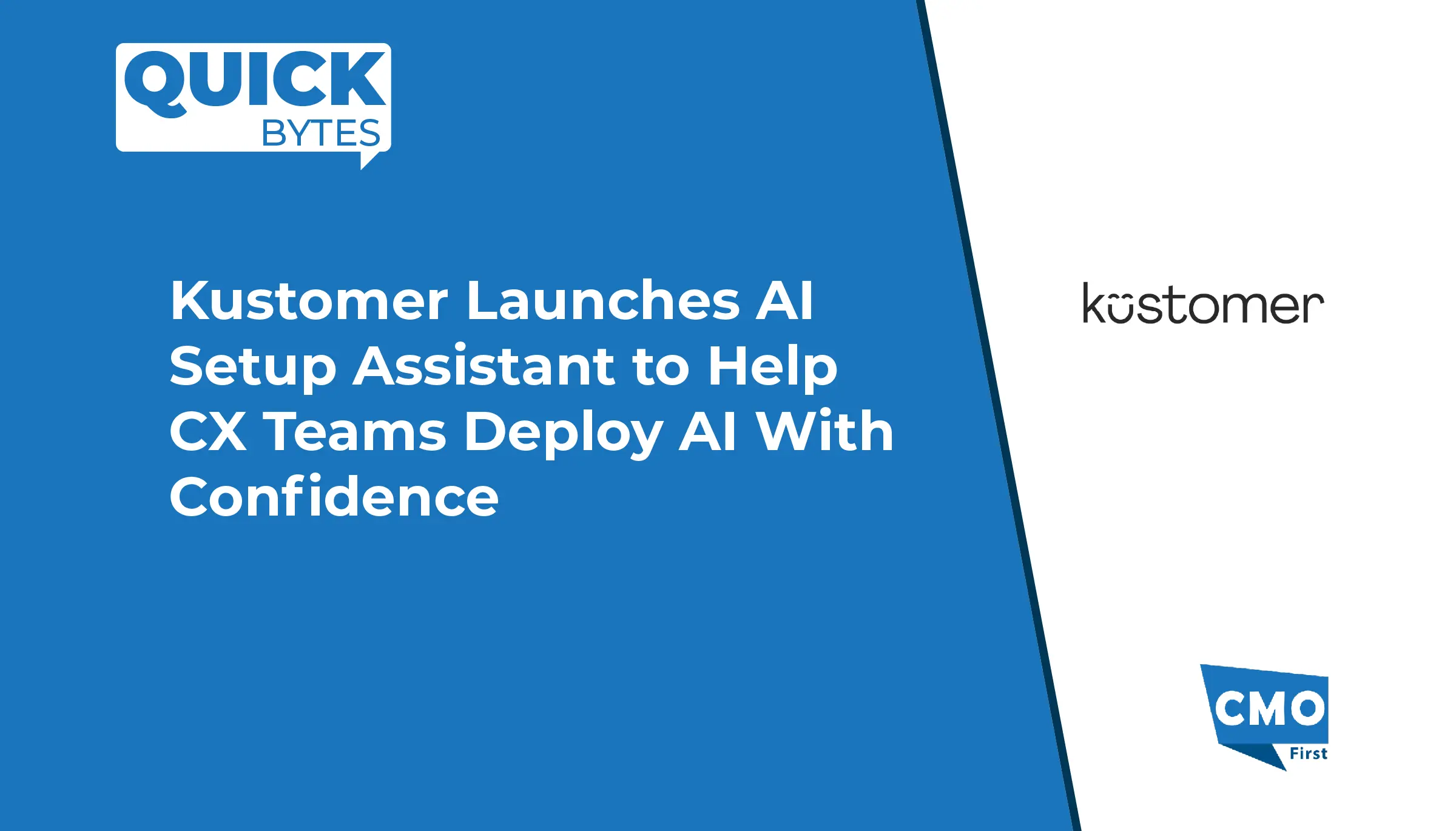
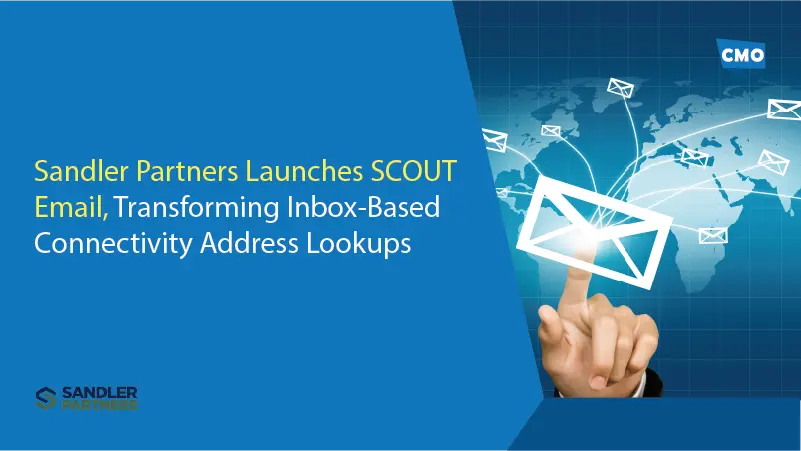

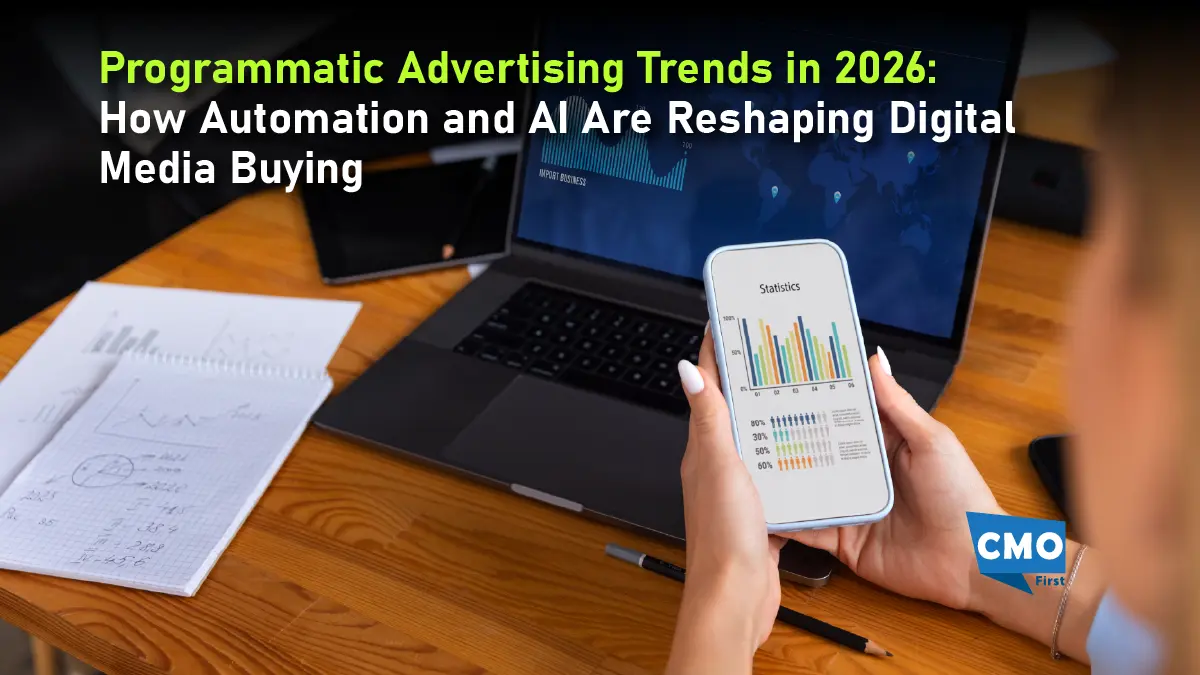

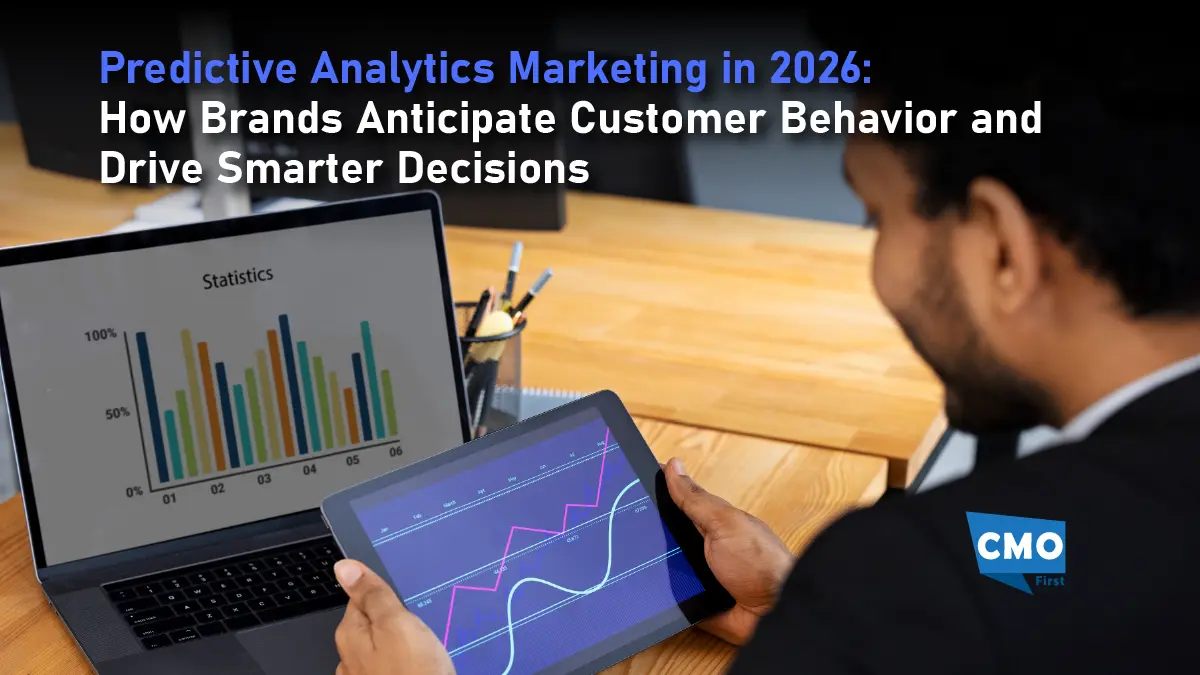
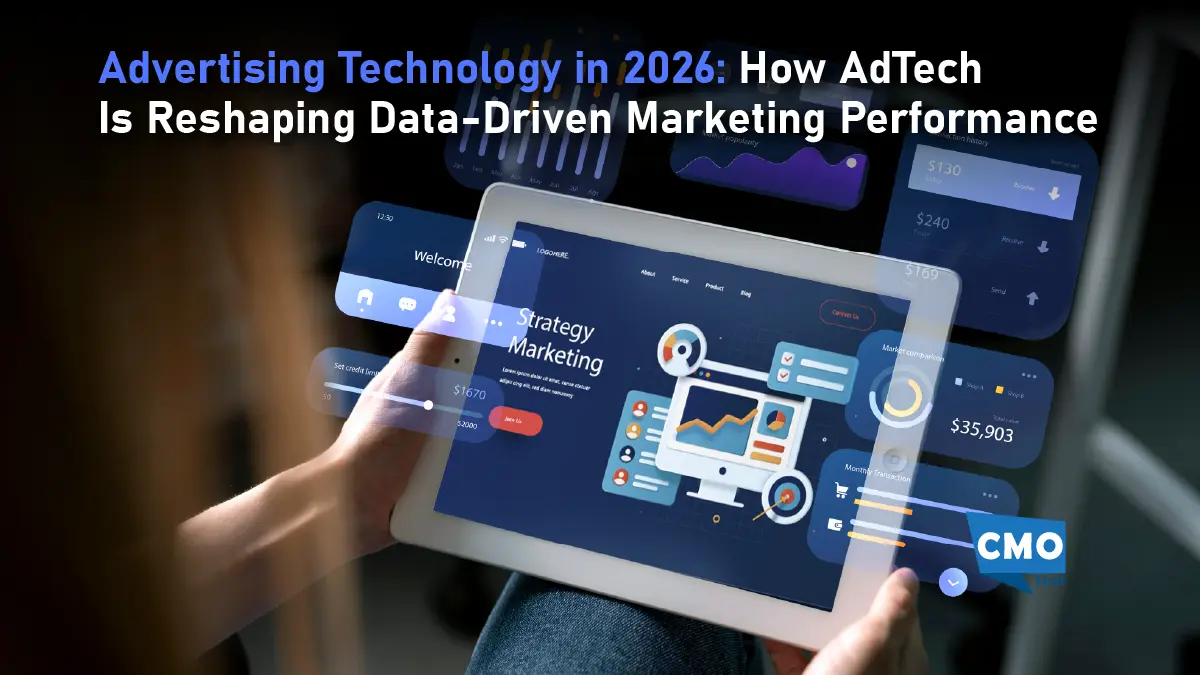
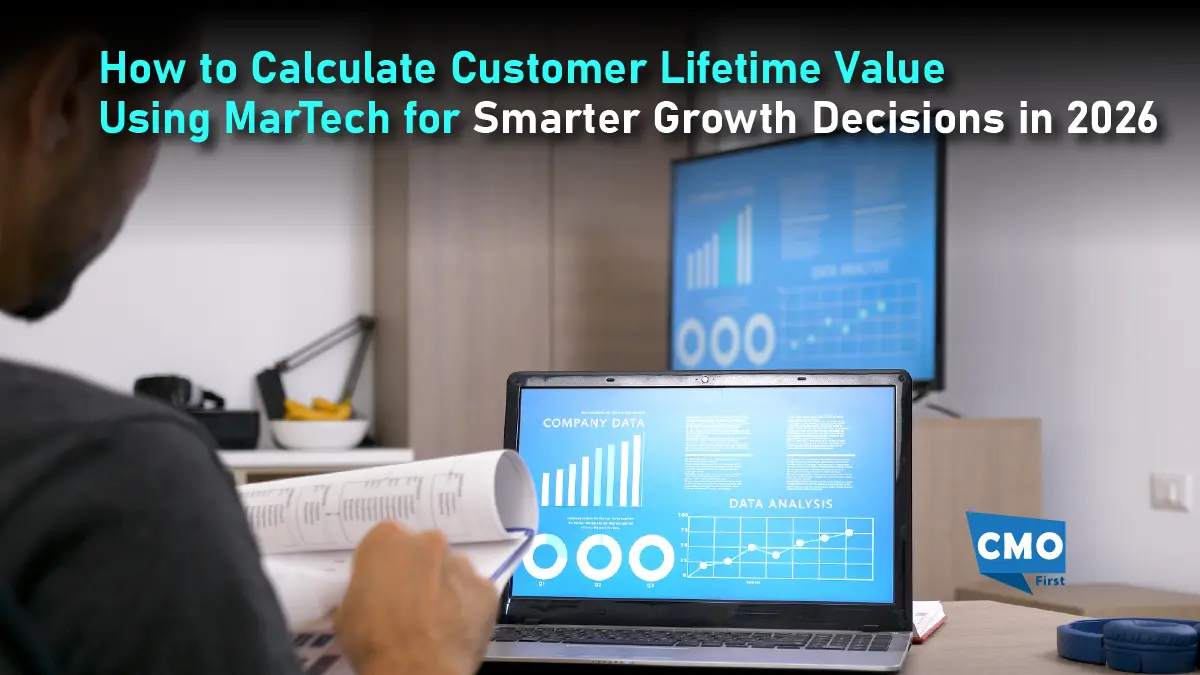
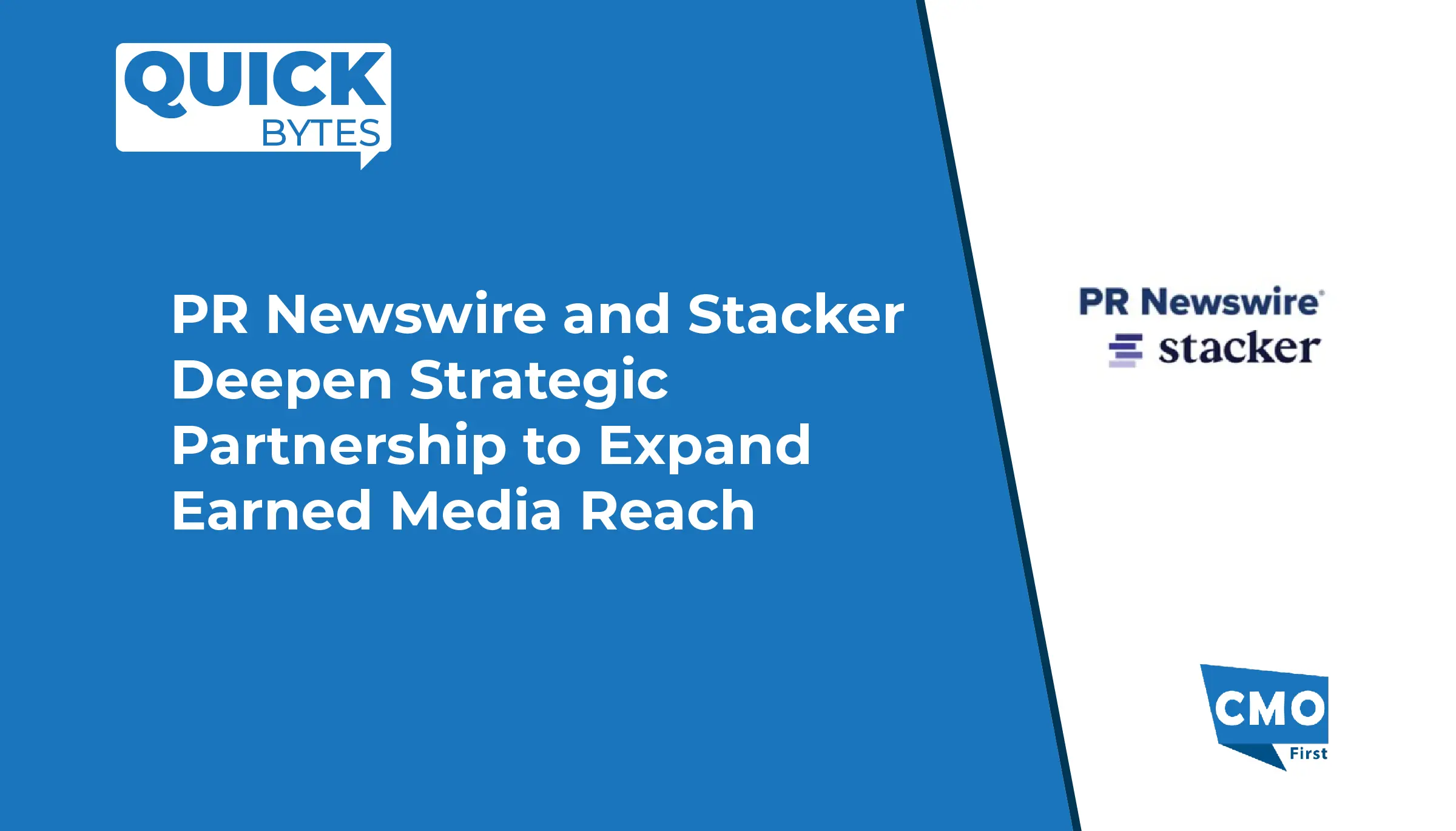
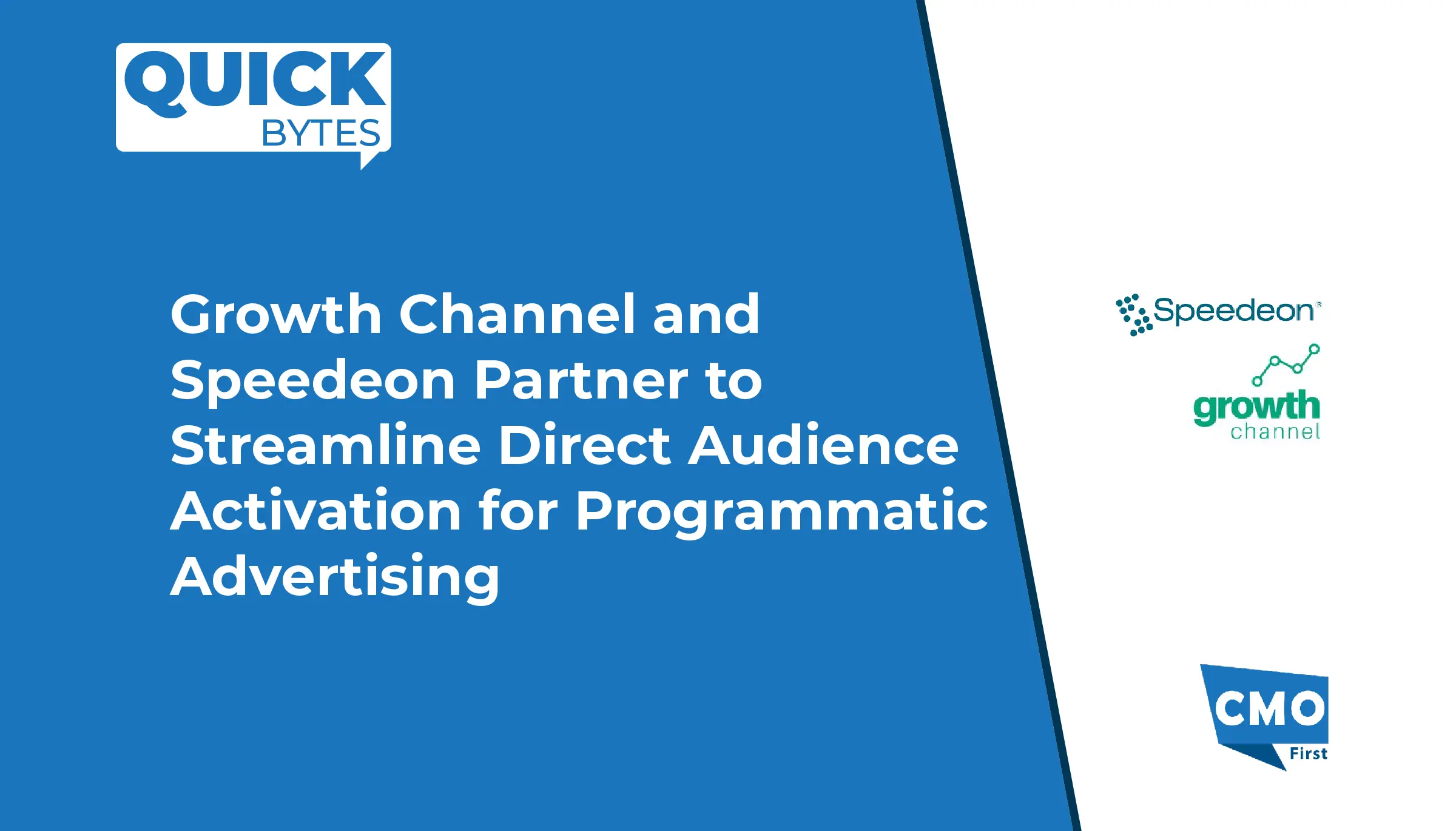
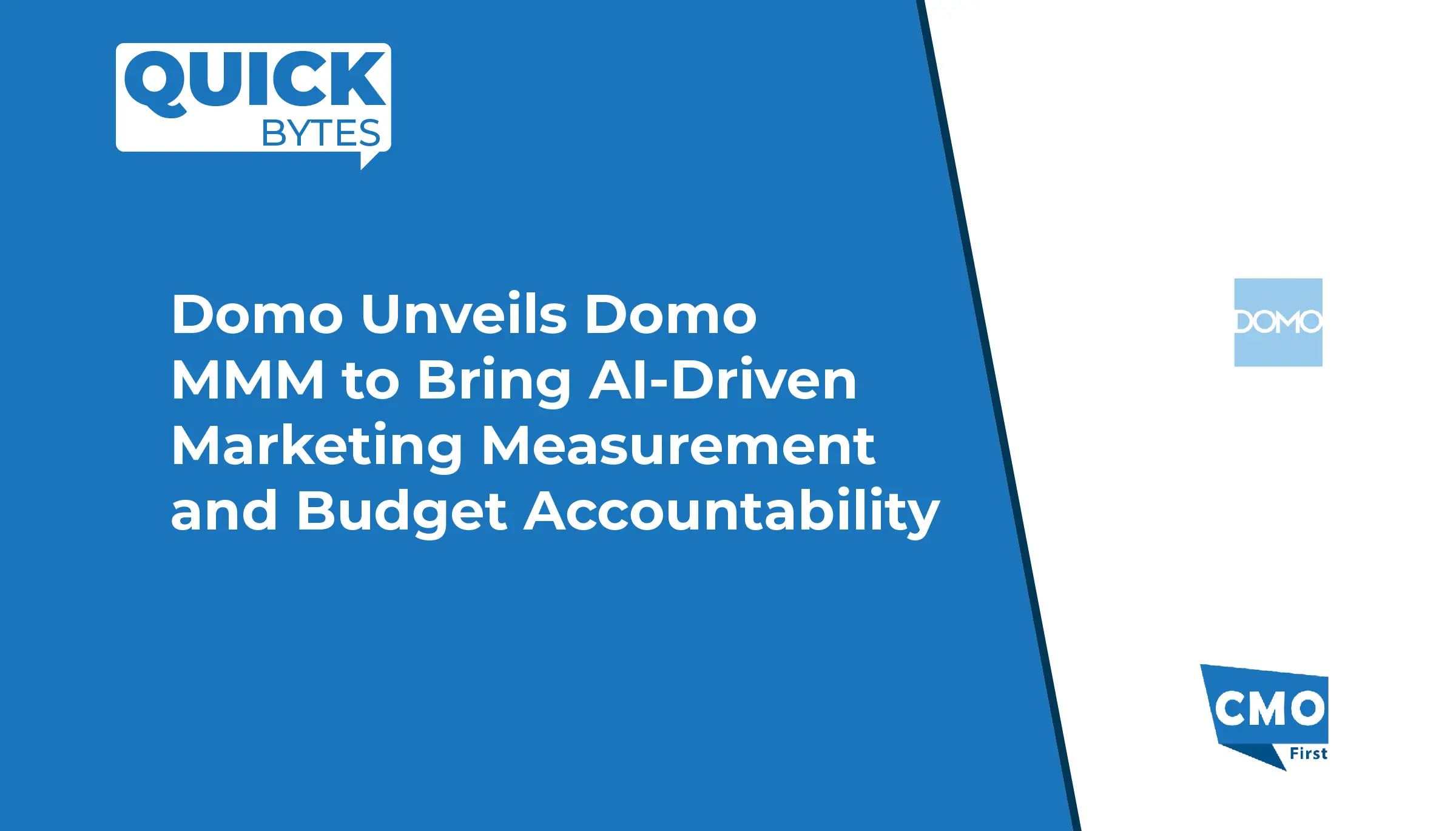
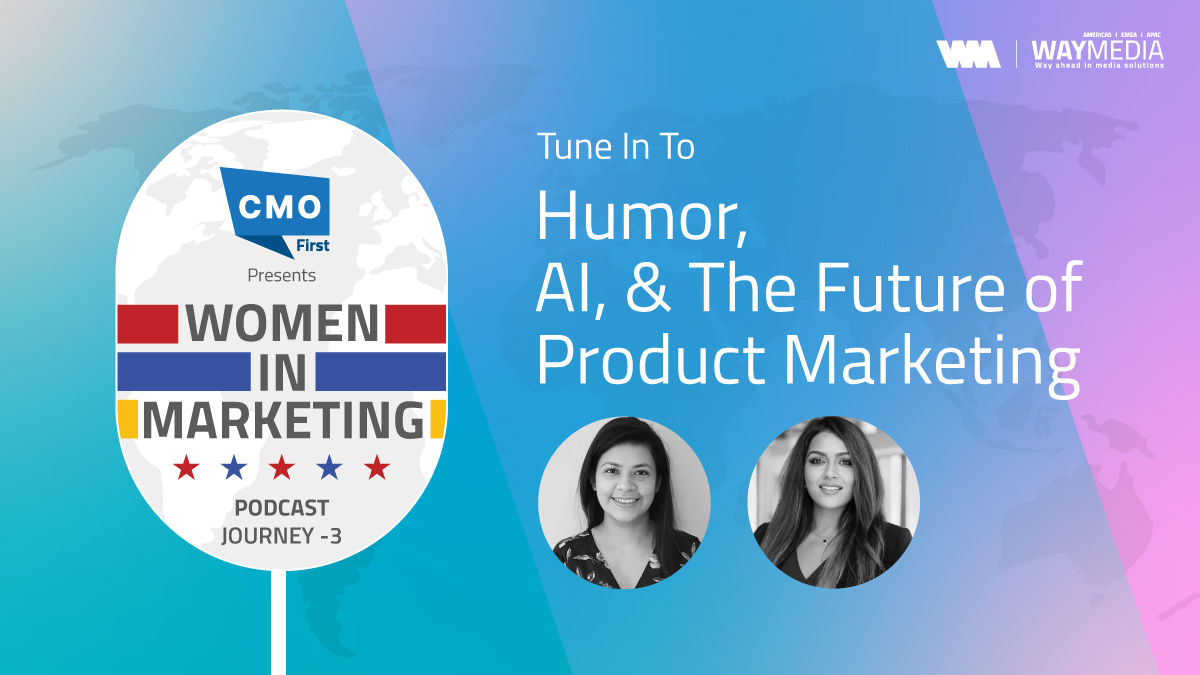
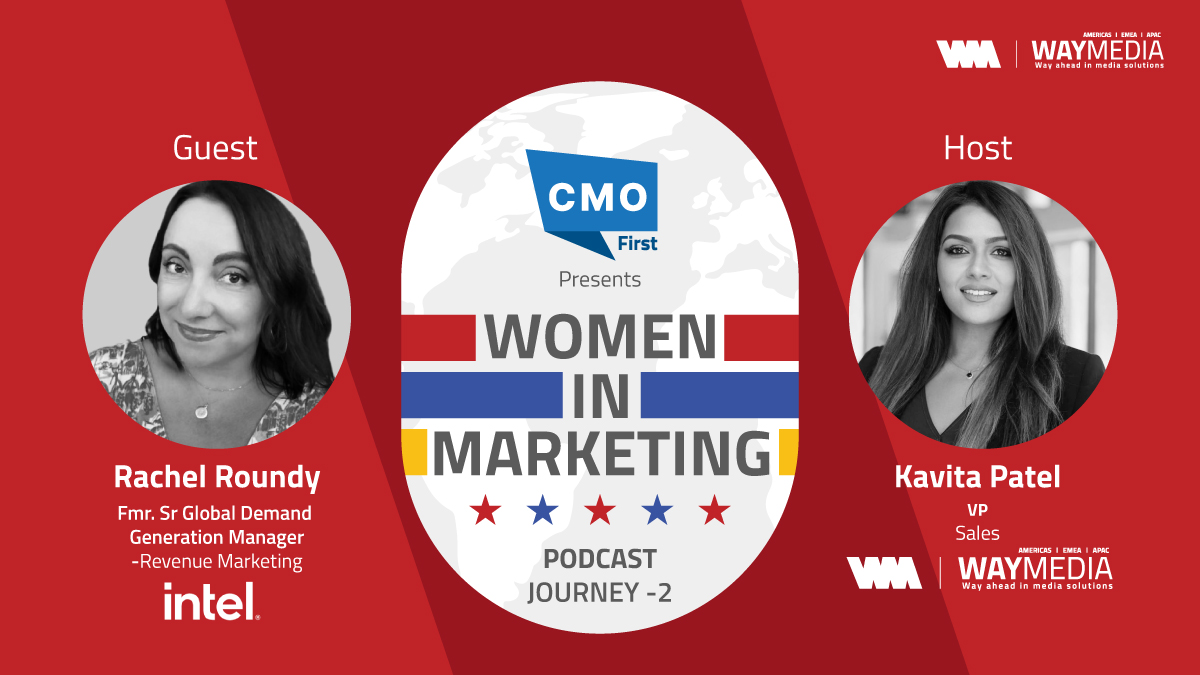
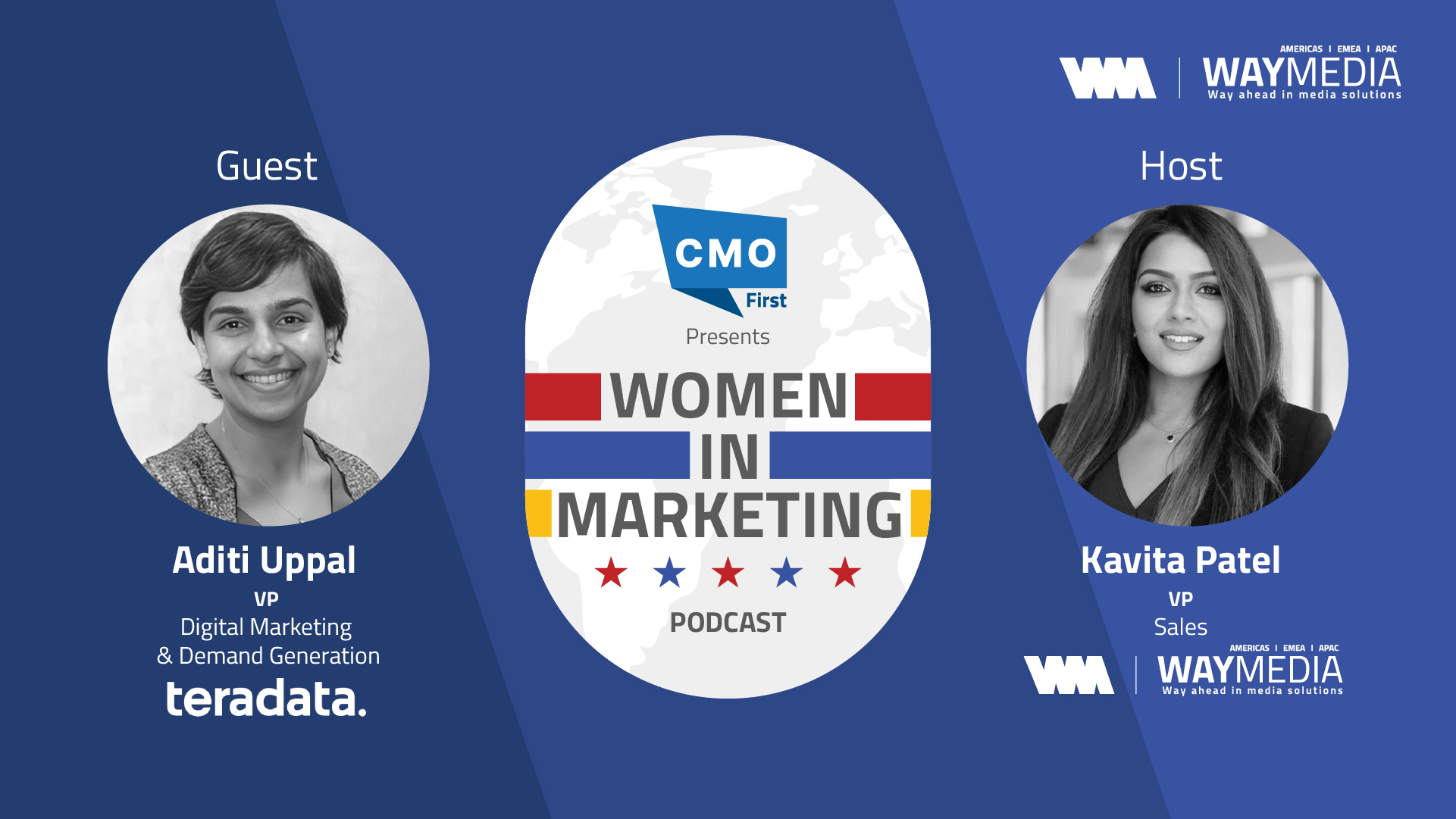
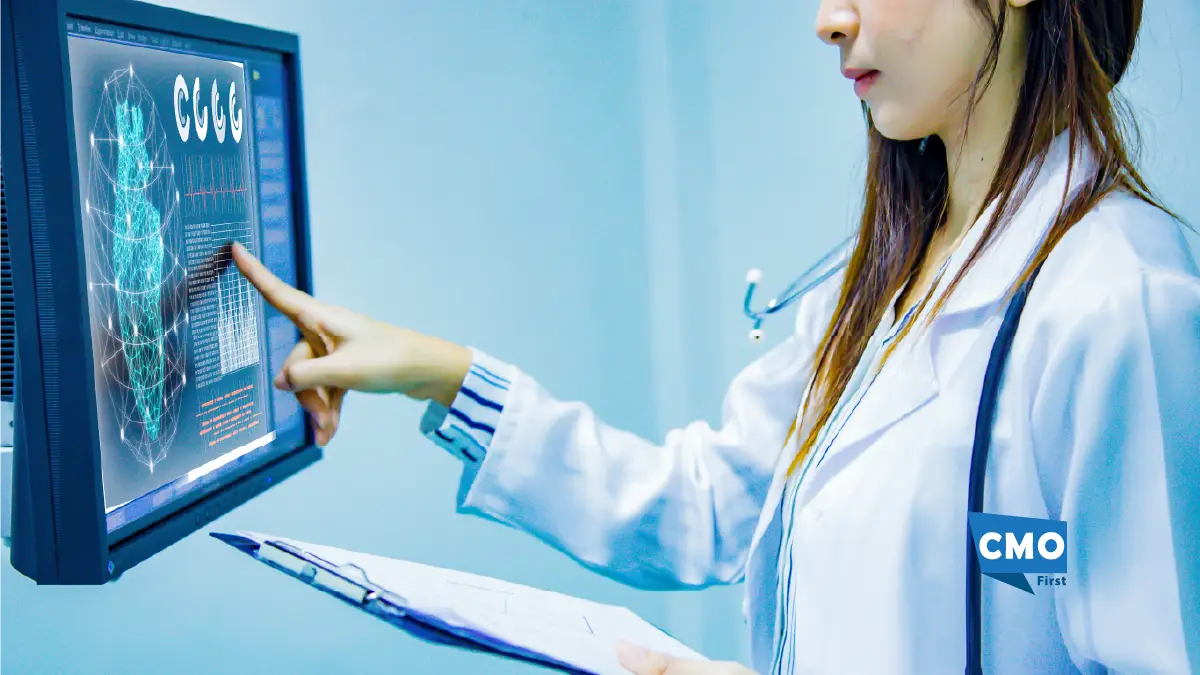
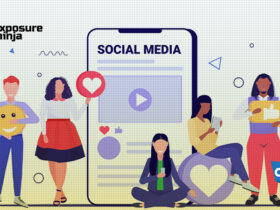
Leave a Reply